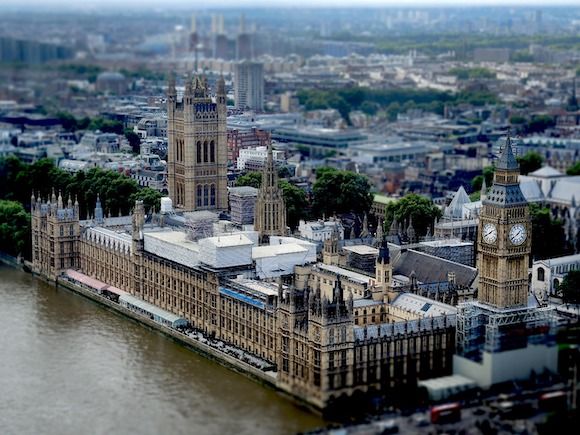For hundreds of years, people have been petitioning parliament, raising awareness of important issues and lobbying for change. Campaigning on the issues that matter most to us is a fundamental part of democracy, and starting or signing a petition is an important way for people to engage with parliament.
The current outbreak has affected almost every aspect of our lives and the increase in the number of petitions being tabled is a clear reflection of the desire for people to get answers to their concerns. Over 3.3m people have signed parliamentary petitions relating to the Covid-19 crisis in recent weeks, from issues including statutory sick pay and closing schools to emergency funding for nurseries and the suspension of council tax payments. UK parliament petitions with 10,000 signatures receive a response from the government, and those with more than 100,000 signatures can be considered by the committee for debate, although with social distancing in place at the moment, this isn’t currently possible.
Petitions are giving a voice to people from across the UK on issues that may have otherwise been overlooked. My Petitions Committee is working to ensure those voices are heard and scrutinising the government’s response to the coronavirus pandemic, despite some of the additional challenges presented by operating in a virtual parliament.
While we cannot schedule debates, we are determined to find innovative ways to raise public concerns. Whether we scrutinise the government through correspondence and discussions with ministers, or through virtual evidence sessions and detailed inquiries, the committee will continue to ensure the government’s response to this challenge is the best it can be.
It was great to hold our first coronavirus virtual evidence session in March alongside members from the Work and Pensions Select Committee. We questioned government ministers and the Deputy Chief Medical Officer Jenny Harries on the government’s response to the crisis and raised questions we received from concerned petitioners. Members of the public submitted more than 60,000 questions on issues from guaranteeing food supplies to the continued provision of public transport and trains.
The Petitions Committee has certainly come a long way since it was first established in 2015 to consider petitions created on the website run jointly by parliament and the government. I am only the second ever chair of the committee and have been a member since 2016. During this time, I have worked to hold the government to account on issues including protecting the public online, setting up specialist working groups on crucial health questions and improving guidance for employers on the 2010 Equality Act.
Over 25m people have started or signed petitions on our website over the past five years. It is inspiring to see so many people getting involved and using their democratic right to engage with parliament. Our committee takes its responsibility to give a voice to those fighting to be heard incredibly seriously, and the new situation we find ourselves in makes our role more important than ever.
Today we are holding two live virtual oral evidence sessions on petitions on issues which have garnered over 530,000 signatures. We will be looking at the impact of the outbreak on students and universities and calls for the extension of paid maternity leave during the coronavirus crisis.
The first evidence session will focus on a petition to extend maternity leave by three months with pay, which over 200,000 people have signed. MPs will take evidence from several witnesses, including the creator of the petition. We have already engaged with tens of thousands of people on this issue, with a survey sent out on behalf of the committee receiving over 24,000 responses and a record 24,000 comments on a House of Commons Facebook post.
Our second evidence session will look at the impact on students and universities after more than 330,000 people signed a petition calling on the government to reimburse all students of this year’s fees. Over 23,000 petitioners completed an online survey on the issue and the committee is set to hear from a range of witnesses, again including the petition’s creator and also representatives from the National Union of Students, Universities UK and the Universities and Colleges Union.
Holding these sessions gives our elected MPs the opportunity to question expert academics, industry leaders and senior officials, as well as hear directly from the people who started and signed these petitions.
In these uncertain and trying times and as the virus continues to spread, new challenges will begin to emerge, and petitions are a vital way through which people can raise issues they want to see the government take action on. The Petitions Committee is determined to ensure that the public continue to have this powerful platform. We will continue to question the government, pressing for satisfactory answers to public questions, and work with ministers and other select committees to ensure the UK’s response to this unprecedented crisis represents the best interests of people right across the country.
Find out more about the Petitions Committee, or submit a petition of your own on the Petitions Committee website












